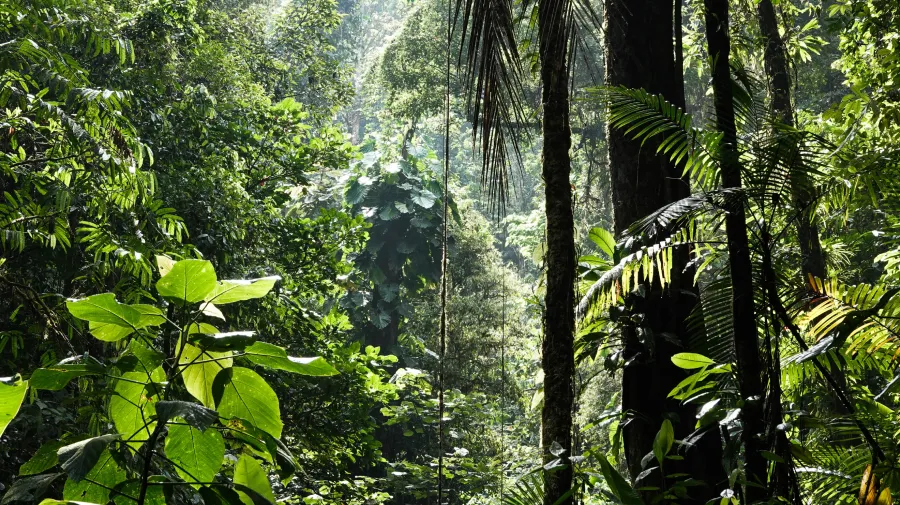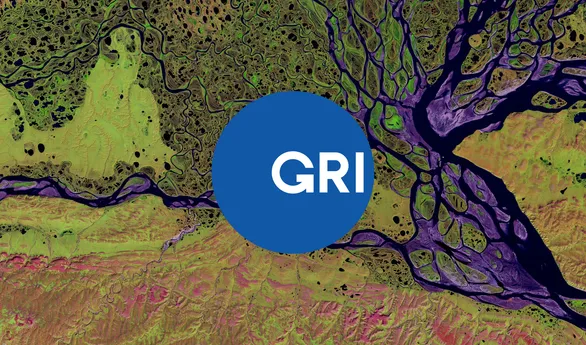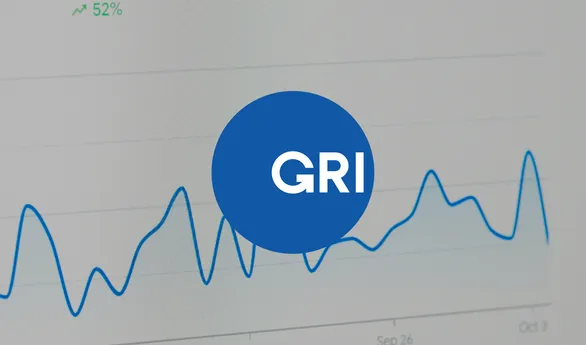The current gap between needed nature-related investment and current financing is over $800Bn. Fortunately, there have been several recent developments and initiatives to bridge the funding divide.
Why we must make finance work for nature
In the Global Canopy report, Rémy Rioux Chairman of the International Development Finance Club (IDFC) & Agence française de développement mentioned than 0.2% of global GDP is channeled to maintain and preserve ecosystems while half of the world’s GDP is dependent on nature. It has now become urgent to acknowledge that we must also make finance work for nature.
Taking a similar approach to the Paris Climate Agreement, the Global Biodiversity Framework sets a clear mandate for private financial flows to align with the 2050 Vision of “Living in harmony with Nature”, providing the finance sector with a landmark agreement for biodiversity-related financial-decision making.
New initiative for financing the biodiversity funding gap
The public and private financial sectors face real challenges to increase funding for nature, but things are moving towards the right direction. Here are some of the most significant recent initiatives that you should be aware of.
The Global Biodiversity Framework (GBF)
In a significant development, 150 financial institutions representing over $24 trillion in assets under management have united in calling for world leaders to adopt an ambitious post-2020 Global Biodiversity Framework at the UN Biodiversity Conference COP15. Coordinated by the Principles for Responsible Investment (PRI), UNEP FI, and the Finance for Biodiversity Foundation, this statement emphasizes the urgent need for economic actors, including financial institutions, to halt and reverse nature loss. With over half of the world's GDP dependent on nature, safeguarding biodiversity is crucial for global growth and financial security. The proposed framework aims to align financial flows, assess nature-related impacts, set clear targets, and foster nature-positive projects and investments.
NatureAction100
NatureAction100 is a groundbreaking collaborative engagement initiative that aims to drive action and accountability in protecting nature and ecosystems. Led by influential organizations such as Ceres, Inc., Planet Tracker, and the Institutional Investors Group on Climate Change (IIGCC), NatureAction100 operates parallel to the successful Climate Action 100+ initiative. By focusing on the 100 companies in key sectors with the greatest impacts and dependencies on nature, NatureAction100 harnesses the collective power of investors to push for necessary measures and ensure these companies are actively safeguarding and restoring nature. Through engagement, dialogue, and targeted actions, NatureAction100 seeks to create positive change and foster sustainable practices across the corporate landscape.
The Align Project
The Align Project, funded by the European Commission, is making significant strides in the development and harmonization of biodiversity measurement practices. The project's recommendations have garnered recognition from esteemed organizations such as EFRAG, TNFD, GRI, PBAF, and other major initiatives and standards. These recognitions indicate that efforts towards harmonizing biodiversity measurement and valuation are gaining momentum not only within Europe but also globally. The Align Project's work holds great promise for establishing consistent and reliable frameworks for assessing and valuing biodiversity, ultimately facilitating informed decision-making and sustainable practices across various sectors and industries.
In summary
Closing the biodiversity finance gap requires a collaborative and multi-faceted approach. Encouragingly, initiatives like NatureAction100 and the Align Project are driving progress, engaging financial institutions and harmonizing biodiversity measurement. These developments highlight the growing momentum to mobilize finance for biodiversity and secure a sustainable future where nature and economies flourish together.




